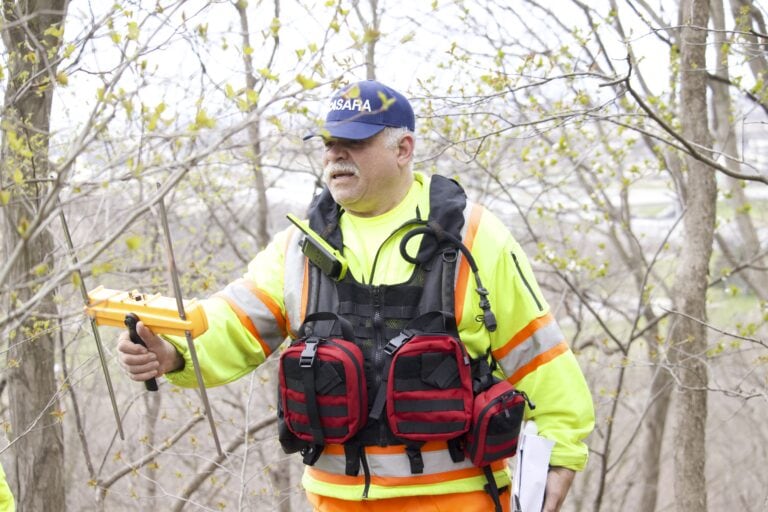It’s important for mental and physical health to find ways to get outside during mandated social distancing, an assistant professor at Brock University says.
Kyle Rich, assistant professor of recreation and leisure studies at Brock University said that in light of recent park closures by conservation authorities and municipalities to prevent the spread of COVID-19, people need to find new ways to connect with nature while still following physical distancing guidelines.
“Research shows that exercising outdoors and even just being outdoors, where you’re exposed to natural products like wood, flowers or plants, stimulates physiological responses in our body,” Rich said in a media statement.
“It’s important to consider the physiological and mental health benefits of being outdoors and how to integrate that into your plans when you can’t go to the gym or go out with friends to social events like you normally do,” he said.
Rich is co-author of the recent policy brief “Mood Walks: The role of parks and recreation in mental health promotion” from Brock’s Niagara Community Observatory, co-authored by Martha Barnes, associate professor of recreation and leisure studies.
The work builds on earlier Brock research conducted at the Glenridge Quarry Naturalization Site in St. Catharines, which found walking in a natural setting improves mood more so than in urban environments. Cheryl McCormick, professor of psychology and director of Brock’s Centre for Neuroscience, oversaw the research conducted by then-PhD student Shawn Geniole.
In the statement, Rich stresses the need to avoid touching surfaces and follow physical distancing and other protocols to prevent the spread of COVID-19. He said to take advantage of what you do have access to.
“If you have a small backyard or a balcony, take the time to use it and make the best of it. You could even take your home workout to the front porch,” Rich said.
McCormick said there is increased evidence that walks in nature are particularly beneficial.
“Results from our well-controlled study were that taking a walk improved mood and decreased stress hormone concentrations, with bigger benefits in greener, natural spaces than in less-green, urban spaces,” she said.











